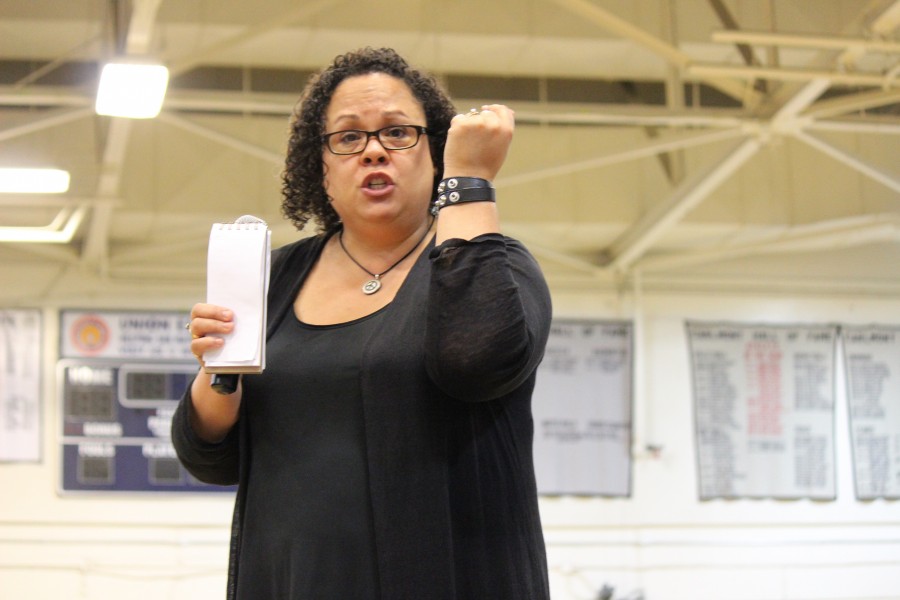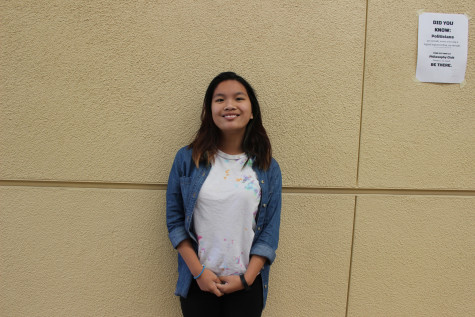Students are all too familiar with the expectations of the future, whether that pressure is put on by themselves or by parents.
Julie Lythcott-Haims visited Carlmont on March 21 to address the expectations of parents and the effects of that pressure.
As former Dean of Freshmen at Stanford University and the author of ”How to Raise an Adult,” Lythcott-Haims has worked closely with high expectations.
She especially understands the tendencies parents have when they want to help their children. As a mother, she understands the need to protect her children and the want for them to be successful.
While those are innocent intentions, the methods used by parents to help their children don’t always benefit their growth.
Lythcott-Haims said, “We parents need to do a lot more listening, and really appreciate what our kids are actually experiencing in high school and what they actually want from their lives.”
From her time as a mother and as part of the education system, she’s noticed students have become more susceptible at following what their parents have said, rather than having their own independent thought.
Lythcott-Haims identified three detrimental methods parents use to try and help their children: overprotecting, over-directing, and hand-holding.
“We parents think we know best. Deciding the path our children should take, and trying to force them down that path without realizing that there’s an overbearing aspect to it that can really make a child feel unseen or unheard,” said Lythcott-Haims.
However, children and parents both play a part in this miscommunication of expectation.
Lythcott-Haims urged students to be kind, try hard, and have courage and a wider mindset. She stressed the importance of self, repeating self-worth is not found or labelled through grades.
Senior Kamrin Choye said, “The assembly influenced me to pursue what I’m passionate about and stop fixating on labels — the most well-known college, the AP courses, etc. Success comes from doing what you’re passionate about, and it’s okay if you don’t know what you want to dedicate your life at this age.”
While many students were influenced by Lythcott-Haims’s words, many people identified the education system as a vital part of the equation.
“A lot of reactions I got from other people was, ‘She’s got great ideas but it’s the system that’s screwed up,'” said history teacher Jarrod Harrison.
Either way, Lythcott-Haims addressed an issue that validated what students were trying to voice. She confronted how these expectations and pressures have caused a sense of self-doubt on a human’s worth, how sleep has become a concept rather than an action, and how the goal to succeed causes humans to overlook the bigger picture.
“Live a life you can be proud of,” she said.



